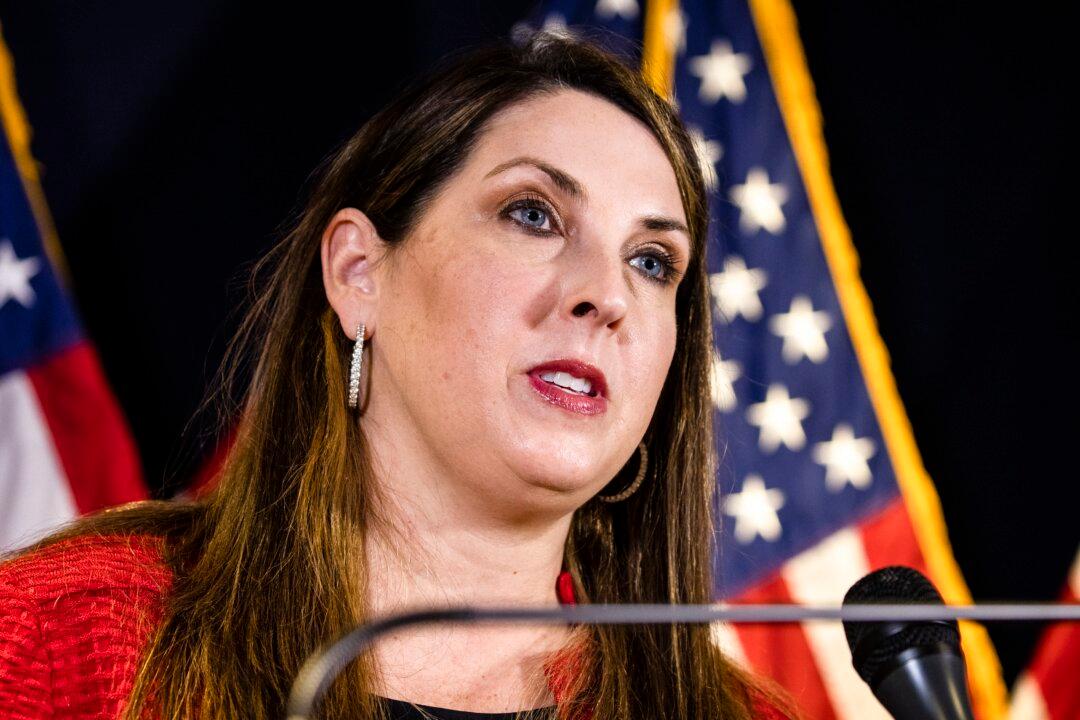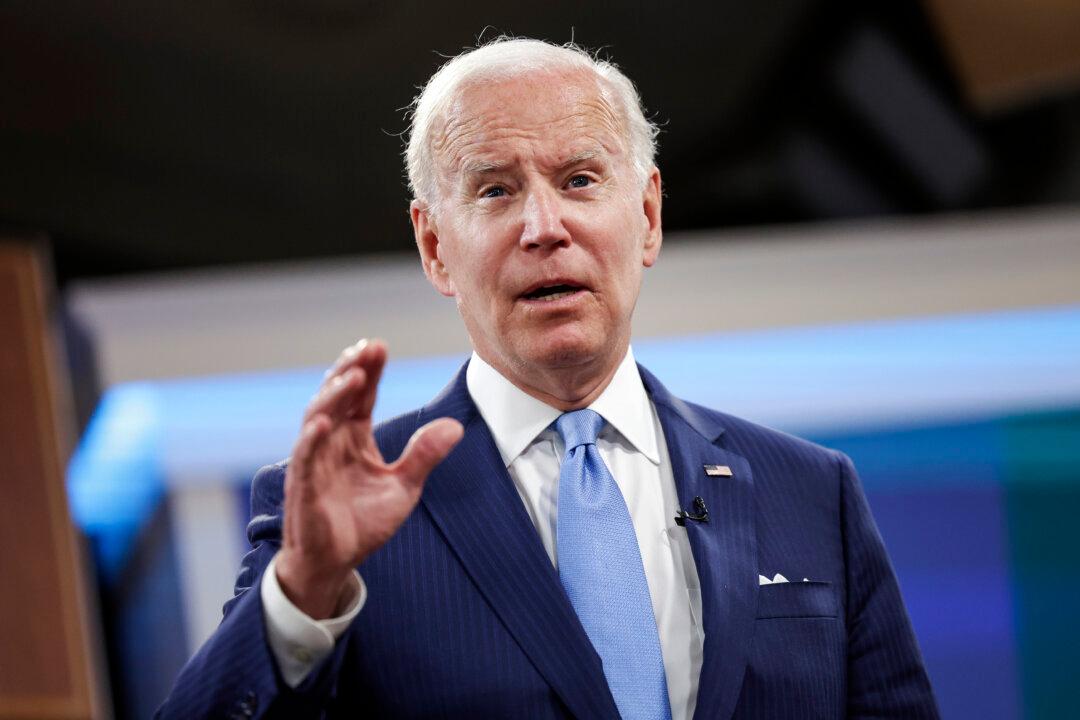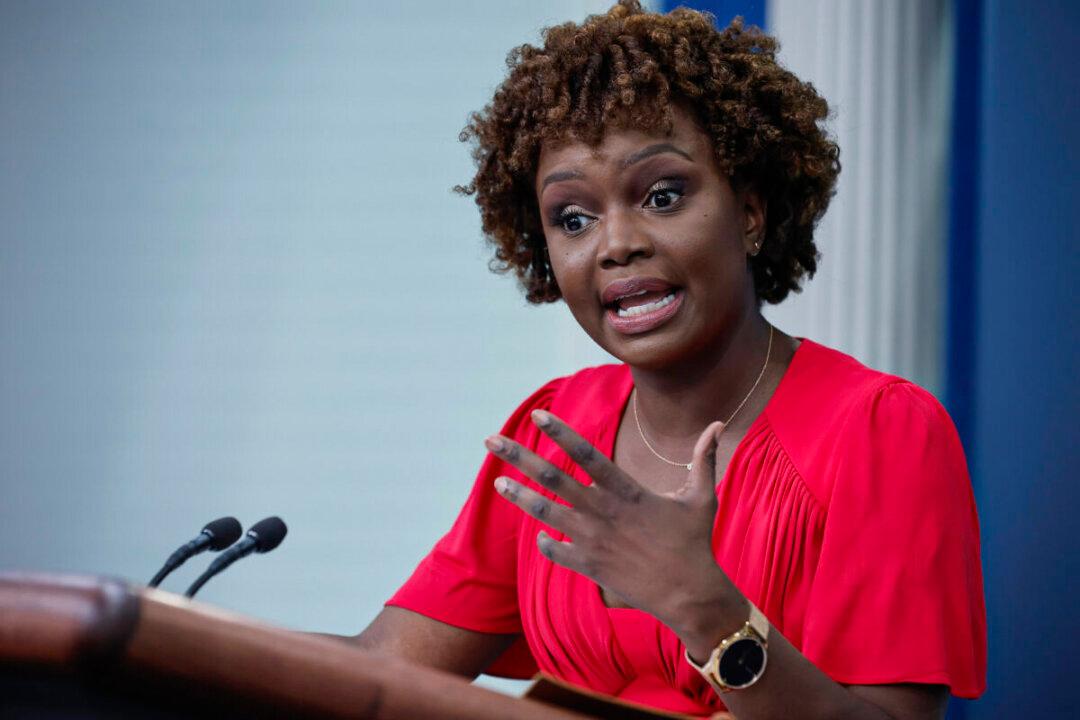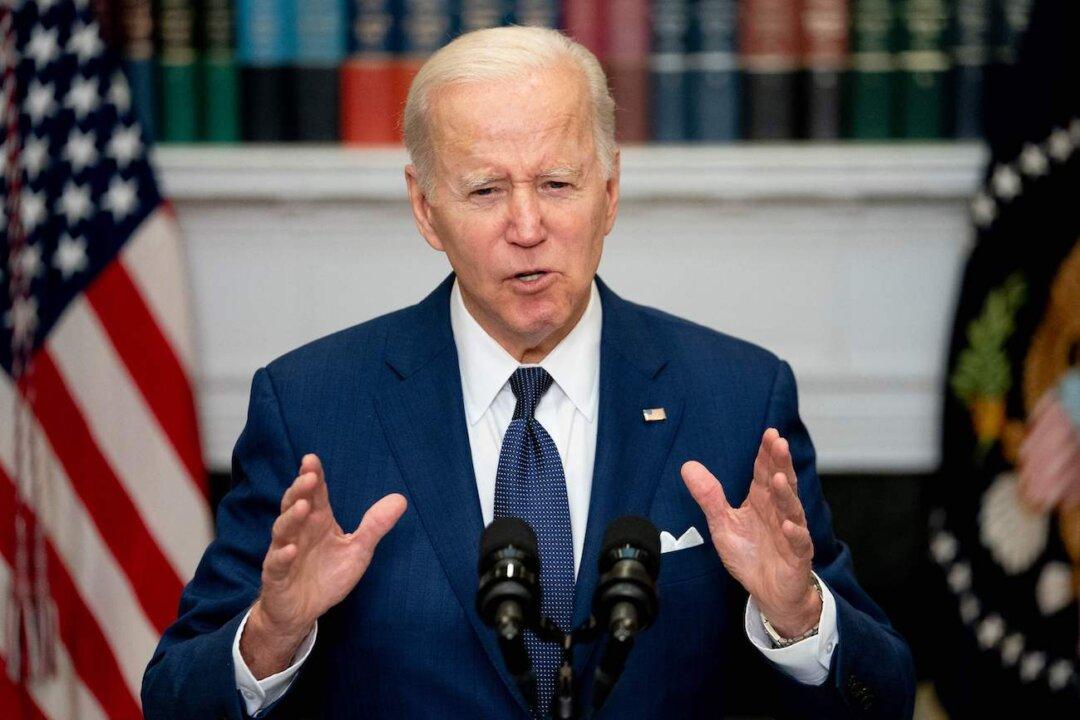The Republican National Committee (RNC) voted unanimously Thursday to withdraw from the Commission on Presidential Debates (CPD), which governs the general election debates.
In a statement, RNC chairwoman Ronna McDaniel said the commission is “biased and has refused to enact simple and commonsense reforms to help ensure fair debates including hosting debates before voting begins and selecting moderators who have never worked for candidates on the debate stage.”




